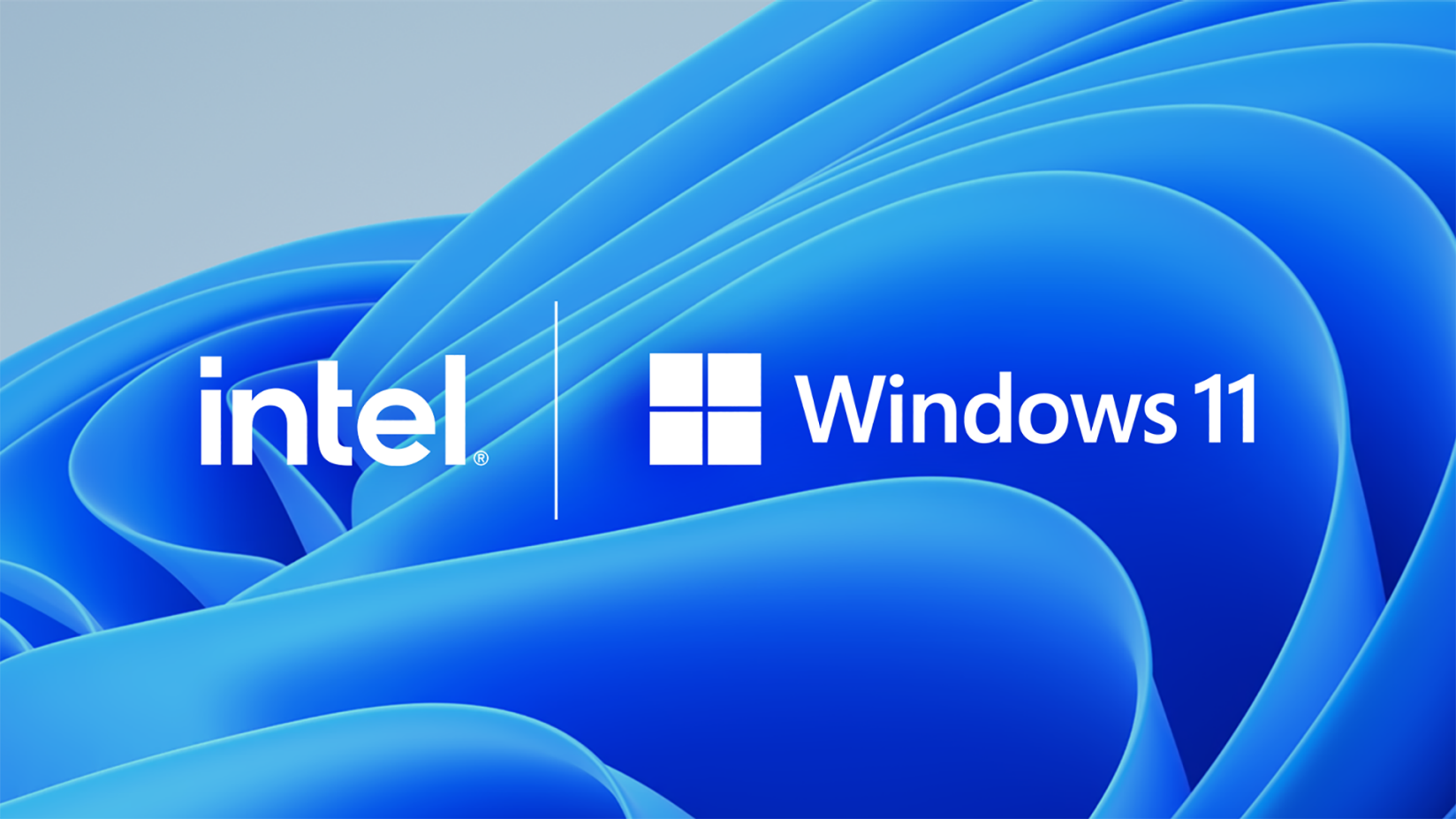Microsoft allows OEM manufacturers to launch Windows 11 devices without TPM chips
Although Microsoft insists that devices with hardware security chips must be equipped to upgrade Windows 11, it turns out that this is required by Microsoft rather than system requirements.
This is because there is flexibility for device manufacturers to use security chips because technical documents show that Microsoft allows some devices not to be equipped with security chips.
In this case, the manufacturer can still pre-install the Windows 11 system, which will not affect the operation of the system and will not be restricted by Microsoft in the future.

All equipment models, production lines, or series must implement and sign the requirements of the international standard ISO/IEC 11889: 2015 or the Trusted Platform Module TPM 2.0.
And must ensure that the trusted platform module is enabled by default, must include related libraries, must-have components that implement TPM 2.0, and be enabled by default.
All implementations of security chip configuration must comply with local laws and regulations, and firmware-based components that implement security chip-related functions must implement TPM version 2.0.
There is no need to have the UEFI firmware option to turn off the TPM security module. It can be used by special purpose commercial system manufacturers approved by Microsoft and customized orders.
Commercial systems for special purposes, customized orders, and customer systems with customized images do not require the support of the TPM security module to be enabled at the time of shipment.
It can be seen from this that Windows 11’s regulations on security chips are completely required by Microsoft, and this is not a necessary condition for Windows 11 to run.
Microsoft’s mandatory requirement that devices must support security chips is based on security considerations. Although this does help improve security, it will abandon a large number of old devices.
In particular, many old devices with good performance and running Windows 10 will also be abandoned. Microsoft is forcing users who want to upgrade to purchase new hardware.
This will help to promote the development of the personal computer-related industry chain, but in the current chip shortage, even if users want to buy it, they must pay a high price.





